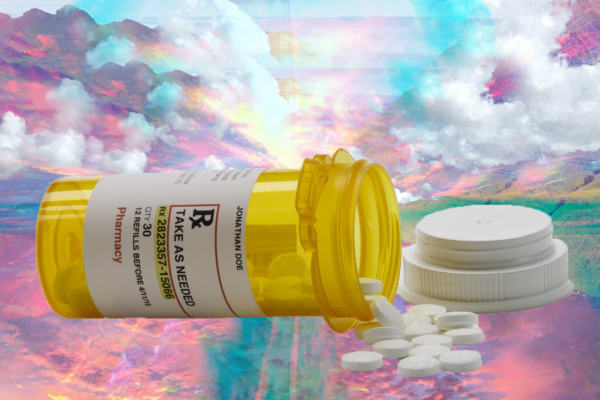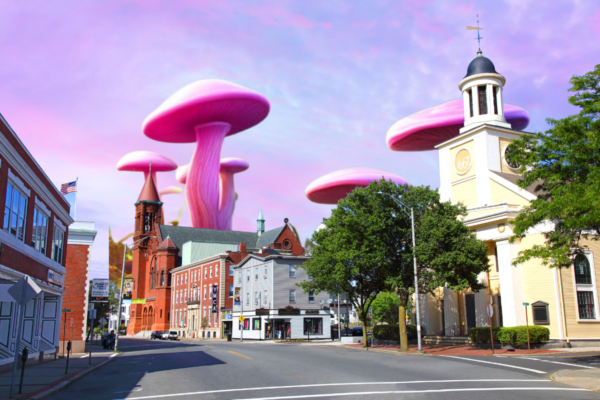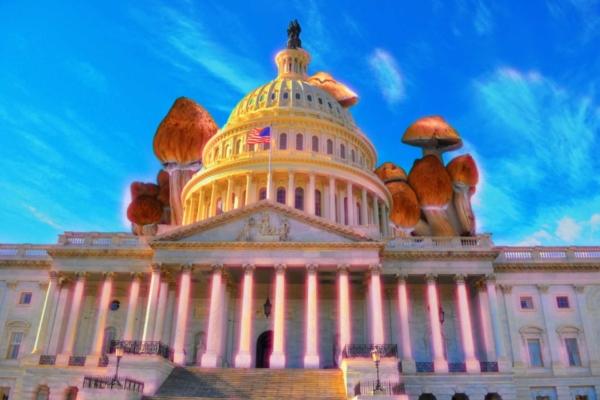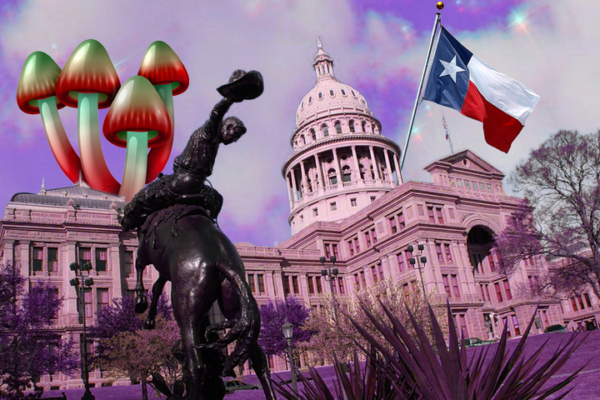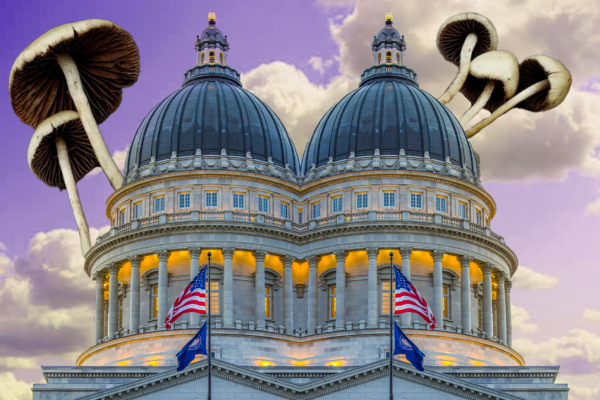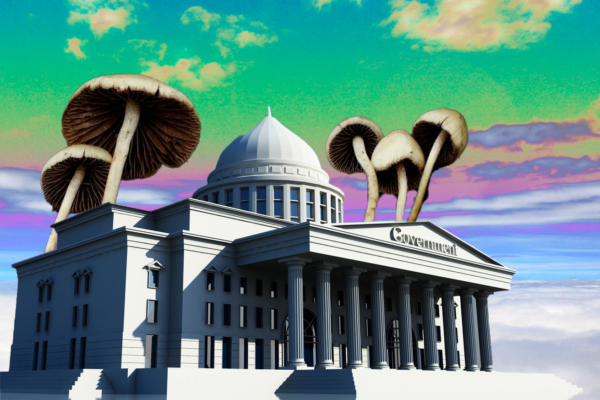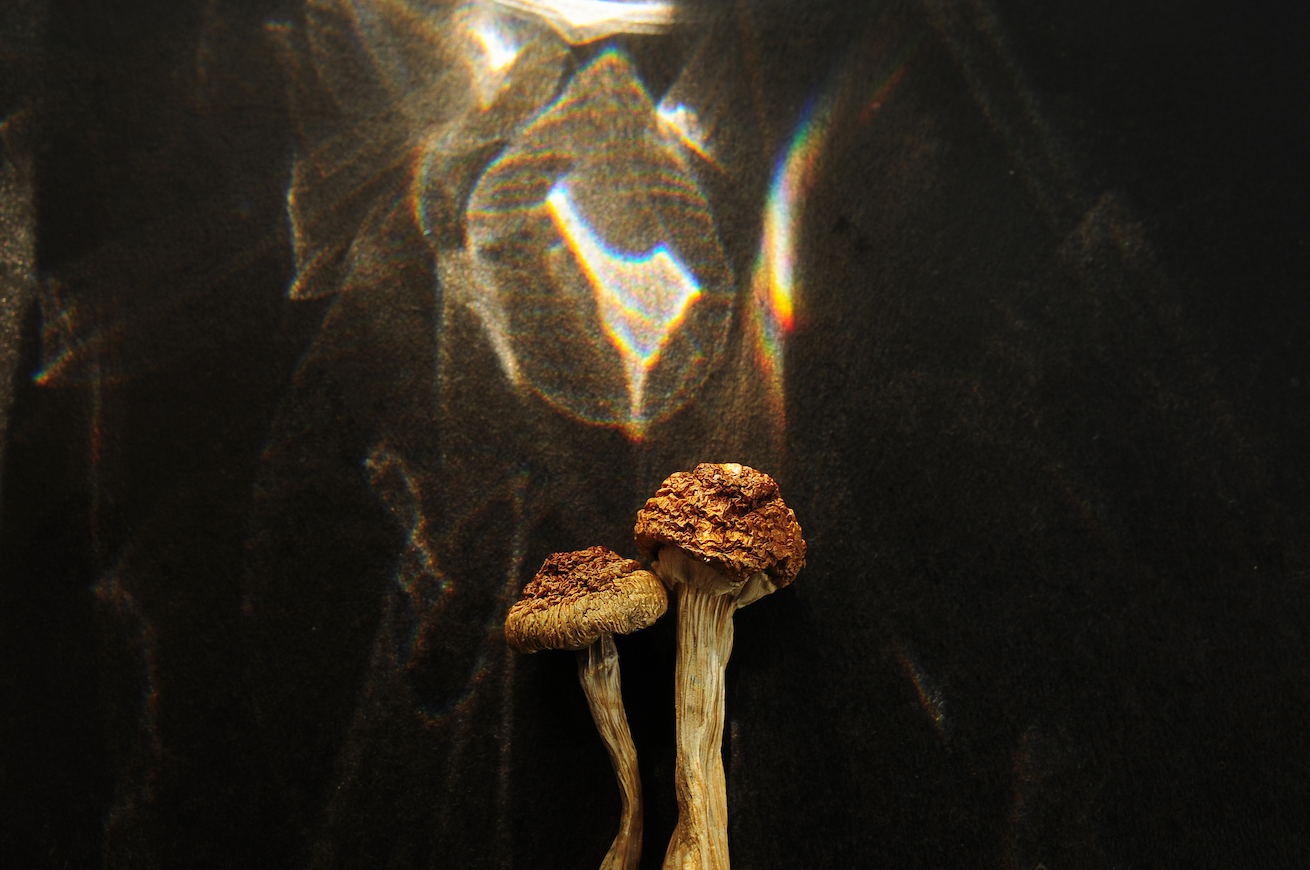
Just two days before the Canadian Psychedelic Association released a promising poll showing public support for legalizing psilocybin-assisted therapy at an all-time high, researchers from the University of Pennsylvania and Columbia University published a paper urging caution for the legalization of psychedelics in the United States.
William Smith and Paul Applebaum published their reasons for concern in The Journal of the American Medical Association, laying out why they think caution is key. The viewpoint comes at a time when there is renewed public debate about how the decriminalization and legalization of psychedelic substances may be implemented. In wake of Oregon legalizing psilocybin for therapy and decriminalizing possession of other psychedelics, California’s legislatures are in discussions for their progressive measures, as well.
Many Models of Psychedelic Legalization
The authors draw a line in the sand in the field of psychedelic legalization. The state of Oregon represents one side, where the clinical use of psilocybin, the psychoactive component in magic mushrooms, has broadly been legalized. The state of California, on the other hand, represents a more radical shift – lawmakers are proposing to legalize the possession, personal use, and noncommercial sharing of psychedelics by adults.
The authors highlight that this latter route proposed in California may be a hasty one, as scientific research on psychedelics may not (yet) support such a widespread legalization of psychedelic substances. The authors state, “most of the literature on psychedelics has been limited by small sample sizes, difficulties with blinding given the subjective effects of psychedelics, and exclusion of participants with comorbidities, histories of drug use, and personal or family histories of psychotic disorders.”
Smith and Applebaum argue that, while many of these studies have proved to be effective in treating an array of mental health issues, we still can’t be sure what the effects of widespread public use of psychedelics would be.
Comparing the Commercialization of Cannabis
Smith and Applebaum argue that there may be some valuable lessons to be learnt from the rapid legalization of cannabis across the US in recent years. Much like within the psychedelic space, there have been huge commercial interests that have spearheaded the legalization of cannabis. And it is this commercial and public enthusiasm for cannabis legalization that has contributed to profit-oriented forms of access; cannabis boutiques across the US generated $22bn in sales in 2020. It’s unsurprising that so many have dubbed this phase the “cannabis boom.”
There is, of course, a huge benefit to cannabis legalization – there is a significantly reduced rate of incarceration, especially amongst marginalized communities, who would have previously been sent to prison for personal possession. However, Smith and Applebaum highlight issues to consider with the widespread and rapid legalization.
They point out that cannabis use disorder has significantly increased in states that implemented legalization. “25% in people aged 12 to 17 years from 2008 to 2016 and by 36% in those older than aged 26 years,” they write, and express most concern for a correlation between legalization and increasing prevalence of psychosis hospitalization. “In Portugal, which decriminalized cannabis use in 2001, hospitalization in public hospitals for psychotic disorders increased from 24 in 2001 to 588 in 2015, and the proportion of patients with concomitant cannabis use disorder rose from 0.87% to 10.60%.”
These adverse effects are also expected to rise as commercialization progresses. So the concern is, if psychedelics follow the same path, will there be an increase in psychedelic-related psychoses?
“Although both therapeutic potential and positive effects of decriminalization are important considerations, advocates tend to give limited attention to countervailing concerns,” the researchers write. “Yet, if legalization is followed by commercialization, with psychedelic shops proliferating, vulnerable populations may have unprecedented access to these substances.”
Caution Is Key
As investors and entrepreneurs become more aware of the ‘psychedelic gold rush’, the authors highlight that caution is key, arguing “even with strictly clinical use, as proposed for psilocybin in Oregon, non–evidence-based marketing may supplant evidence-based practice.” The drive for legalization, and thus commercial use of psychedelics, may over-emphasize their effectiveness in treating mental health issues.
Smith and Applebaum conclude by arguing that decriminalizing personal possession may be a suitable first step in the long and arduous task of psychedelic legalization. “Slowing the rush to legalization of psychedelics to clarify the evidence, giving policy makers and the public better information, and to develop careful regulatory policy would be wise.”
